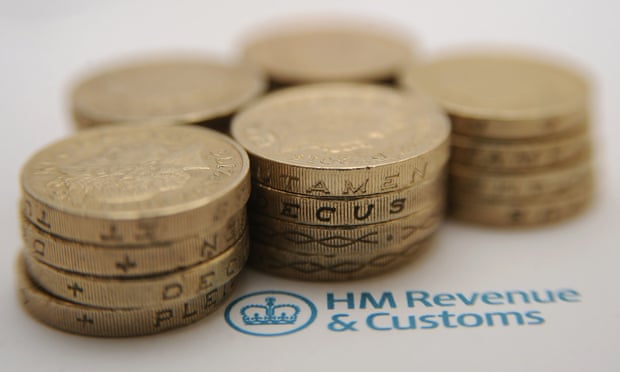Q My partner and I – we are not married – live in his house, which he owns outright in his sole name. I also have a house in my name only. There is a mortgage on this property, which will be rented out once it has been renovated. We are thinking about jointly buying another buy-to-let house but won’t need a mortgage to do that. The property we are looking at will cost £220,000. Will we have to pay extra stamp duty because it is a second home?
The main reason we’re buying this house is to provide security for our children when they need money later on in life for deposits or university fees. We also want it to help with our planned retirement in five years’ time. We are not buying the house to make money from a quick sale as any money we can get from it will not be touched until such time as it is needed. MB
A The answer to your question about whether you will have to pay the higher rate of stamp duty is yes. On a property costing £220,000, which is not replacing your main residence, you will face a stamp duty bill of £8,500, which is £6,600 more than the tax at the standard rate.
You will also have to pay income tax at your highest rate on your share of the rental income, plus capital gains tax (CGT) if you sell the property for more than you paid for it, and possibly inheritance tax (IHT) because the property will form part of your estate on your death. Given all the taxes that will have to be paid and given your reasons for wanting to buy the property, I wonder whether property investment is the most suitable way of providing for your children and your retirement.
I am also unsure how you intend the property to provide both lump sums for your children and help with your pension. I can see that the rental income will give you useful extra income both before and after you retire, but that is going to come to an end if you have to sell the property to provide your children with cash help.
It could be worth looking into alternatives to property investment, especially now that the rules on personal pensions are so much more flexible and you are no longer required to buy an annuity with your pension savings. With a pension, for example, not only do you get tax relief on contributions of up to £40,000 a year, which boosts the value of your investment, but there’s no CGT to pay. In addition, once you are 55 you are free to have 25% of your pension pot paid to you tax-free, although there may be income tax to pay on other withdrawals depending on how much other taxable income you have.
Also, unlike property investment a pension pot is not included in your estate when calculating IHT. If you don’t want to tie your money up until you are 55 you could also consider an Isa, which escapes income tax and CGT but does form part of your estate for IHT. From April this year you’ll be able to shelter up to £20,000 in an Isa tax-free.


